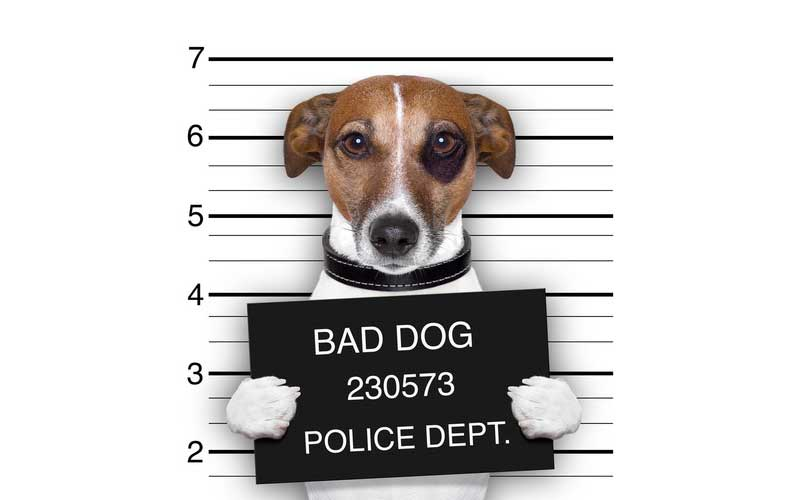Fido may be man’s best friend, but between 4.5 million and 5 million people suffer from dog bites each year in the United States. Almost 1 in 5 people bitten by dogs require medical attention. Children are, by far, the most common victims of dog bites and are far more likely to be severely injured.
Dog bites can cause disfigurement, nerve damage, permanent scarring, amputations, puncture wounds, and infections if not properly treated. Tragically, some dog bites are fatal. The shock of the attack and the resulting injuries may also cause psychological damage including post-traumatic stress disorder (PTSD). In 2015, the average cost paid out for dog bite claims nationwide was $37,214.
If a dog bites you in South Carolina, you have rights. Laws are on your side when seeking compensation from the dog’s owner to pay for your injury-related bills. Dog bite victims can receive compensation for their medical bills as well as any lost wages that occur when their injuries result in time off work or decreased earnings. Victims may also be able to recover compensation for physical pain and suffering as well as emotional distress.
South Carolina Dog Bite Law
In many states, dog owners are protected (to some degree) from liability the first time their dog injures someone if they had no reason to believe the dog was dangerous. This is often called a “one bite” rule.” The South Carolina Supreme Court abandoned the “one bite” rule in1985 in the case of Hossenlopp v. Cannon, 285 S.C. 367 (1985). The Hossenlopp case, and decisions that follow it, make the owner of the dog “strictly liable” for personal injuries caused by the dog. Therefore, in South Carolina, unlike many other states, a dog owner will be held responsible in a dog bite case regardless of the animal’s past behavior. Of course, if the victim was trespassing, provoking the dog, or r otherwise breaking the law in South Carolina, these facts could affect the ability to recover.
In South Carolina, a dog owner may be held liable for injuries caused by the animal if:
- The injuries are caused when the owner’s dog bites or “otherwise attacks” another person,
- The injured person was in a public place or was lawfully in a private place, and
- The injured person did not provoke the dog.
People other than the dog’s owner may also be held liable for a dog bite. Under the statute, anyone who has “possession and control” over the animal may be liable.
In addition, in South Carolina we also have a “dangerous animal” statute. This means that if a person owns a dog that is likely to pose a danger to humans, the dog must be kept confined in a properly secured and constructed pen or fenced in area. The pen or area must be clearly marked to indicate that the dog is dangerous.
BOTTOM LINE:
Dog owners are legally responsible in South Carolina when their dog bites someone unprovoked.
COMPENSATION FOR A DOG BITE CLAIM
Many people don’t realize that compensation for a dog bite claim will most often come from the dog owner’s homeowners insurance. However, sometimes the homeowners insurance policy excludes coverage for certain breeds of dog, or limits the amount the insurance company will be required to pay for a dog bite injury. A review of the applicable language in the policy is important to understand your available remedies against the dog owner’s insurance company.
CONTACT THURMOND KIRCHNER & TIMBES TODAY
If you or a family member has been injured in a dog attack, a Charleston Personal Injury Lawyer can help you recover compensation for your injuries. Thurmond Kirchner & Timbes, P.A. has the experience and the resources to build a case against the responsible party to recover full and fair compensation for your immediate and future medical care, plastic surgery, lost wages, and lost earning potential. Our trial lawyers are prepared to present your case to a jury if an appropriate insurance settlement is not reached.
Sources:
Links: https://www.scstatehouse.gov/code/t47c003.php
CDC https://www.cdc.gov/features/dog-bite-prevention/index.html
The information provided on this website is intended to help you better understand general information about the law. It is not intended to be legal advice regarding your particular problem or to substitute for the advice of a lawyer. Every case is different, and you should consult a lawyer before applying the information contained herein to any particular circumstance affecting you.


